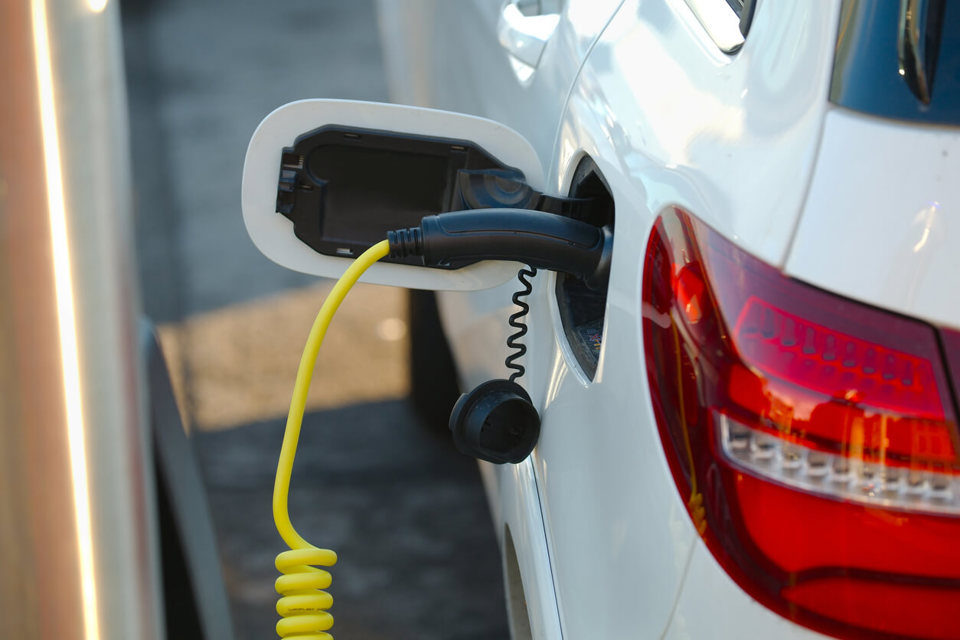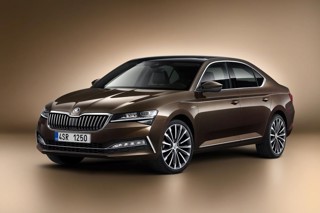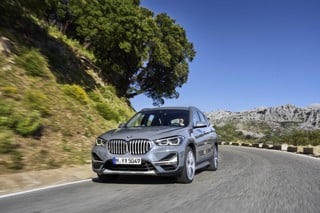Fleets need to compile accurate and reliable data about their use of electric and hybrid vehicles if they are to make a compelling case for more widespread use within their organisations, says FleetCheck.
Peter Golding, managing director at the fleet software specialist, explained that an increasing number of businesses were starting to operate a handful of these cars on a trial basis but many were failing to effectively monitor them in use.
“In many organisations, there has been a conversation between the financial director and managers responsible for the fleet where they have agreed to try out EVs and PHEVs on an experiential basis with a view to wider adoption,” he said.
“However, the ways in which this is being done are quite often not very structured. There is limited effort put into working out the best applications for this technology and teaching drivers how to use it effectively. Especially, there is little gathering of good quality data.”
In a surprising number of cases, claims Golding, there was no recording of how the vehicles performed in real world conditions and fleets fell back onto using official manufacturer figures to justify their use that had limited relevance.
“Our view is that there needs to be a combination of on-the-road information gathered through telematics and careful analysis of this data using fleet software,” he said.
“For example, one of the first things that almost any user of PHEVs will discover is the often considerable disparity between official fuel consumption and actual figures. This is usually met with disappointment and the overall perception of these hybrids is negatively affected but there needs to be a more proactive response, in our view.
“With reliable data and thorough analysis, you can look at why this is happening and try to close the gap – is it a question of driving style or perhaps the type of journeys being undertaken? Can action be taken that improve these issues?
“For fleets that view PHEVs as a long-term replacement for diesels, these questions are important.”
Similar thinking could be applied to EVs, especially examining whether common, perceived issues such as range and charging times affected work efficiency.
Golding concluded: “We very much believe that EVs will quite quickly become an essential part of the overall fleet mix but they need to be used in the right applications.
“A driver who adopts an EV as a company car and then complains about how they spend half their day looking for the nearest, free charger could negatively affect perceptions across an entire fleet.
“What is needed instead is detailed and relevant analysis that helps managers make decisions about which drivers have business travel patterns that fit well with the abilities of EVs and, as with PHEVs, accurate real world data is essential to do this.
“Only by compiling information and building an economic and operational case can fleets push their organisations towards wider EV and hybrid adoption. Unless they are able to do this, acceptance of these vehicles could very possibly be restricted.”























Login to comment
Comments
No comments have been made yet.